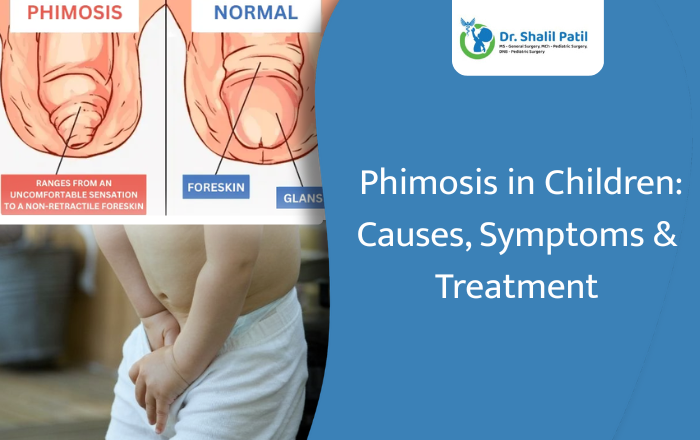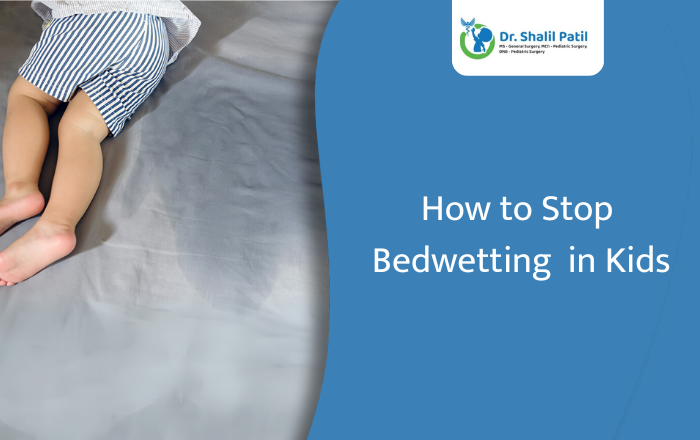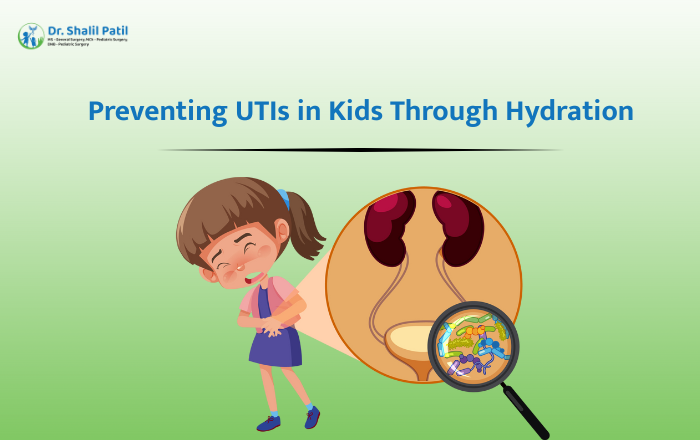Kidney stones might not be a common topic of discussion when it comes to children’s health, but they are a condition that every parent should be aware of. While kidney stones are often associated with adults, children can develop them as well, and the symptoms can be uncomfortable and sometimes severe. If left untreated, kidney stones can lead to serious health issues. This blog will help you understand what kidney stones in children are, how they can affect your child, and how you can prevent and treat them effectively.
What Are Kidney Stones in Children?
Kidney stones are small, hard mineral deposits that form in the kidneys. These stones can vary in size from a grain of sand to a small pebble, and they can cause significant pain as they pass through the urinary tract. Kidney stones in children occur when minerals like calcium, oxalate, and phosphate build up in the kidneys and crystallize.
In children, kidney stones can be triggered by various factors, including diet, genetic conditions, and dehydration. Though kidney stones are rare in younger children, their occurrence is becoming more recognized as a growing concern in pediatric health.
Common Symptoms of Kidney Stones in Children
The symptoms of kidney stones in children can vary depending on the size of the stone and where it is located in the urinary tract. Here are the most common symptoms parents should watch for:
1. Pain: One of the most obvious signs of kidney stones is pain. Children may experience severe abdominal or lower back pain, especially on one side. This pain may come and go or remain constant. It can be particularly intense when a stone is moving through the urinary tract.
2. Blood in Urine (Hematuria): Blood may appear in the urine when a stone irritates or damages the lining of the urinary tract. Parents should take note if the urine looks pink, red, or brown, as this can be a sign of bleeding.
3. Frequent Urination or Difficulty Urinating: Children with kidney stones may have the urge to urinate frequently but struggle to do so. This could be a sign of an obstruction in the urinary tract.
4. Nausea and Vomiting: As the body reacts to the pain caused by kidney stones, children may feel nauseous and may even vomit.
5. Fever and Chills: If a kidney stone causes an infection in the urinary tract, the child may develop a fever and experience chills. This is a sign that immediate medical attention is needed.
6. Pain During Urination: Children may also experience pain or a burning sensation when urinating, which can be an indication that a stone is obstructing the urinary tract.
What Causes Kidney Stones in Children?
Kidney stones in children can develop for a variety of reasons, and understanding the causes can help prevent them in the future.
1. Genetics: A family history of kidney stones increases the risk of children developing them. If a child’s parent or sibling has had kidney stones, the child may be more likely to develop them as well.
2. Dietary Factors: A poor diet high in salt, sugar, and oxalate-rich foods (like spinach, beets, and chocolate) can increase the risk of kidney stones. Too much salt and animal protein can lead to increased calcium levels in the urine, while high oxalate intake can encourage the formation of calcium oxalate stones.
3. Dehydration: One of the most common causes of kidney stones is dehydration. When children don’t drink enough fluids, urine becomes more concentrated, and minerals are more likely to form crystals.
4. Obesity: Children who are overweight or obese may have a higher risk of developing kidney stones due to changes in their urine composition.
5. Medical Conditions: Certain conditions, such as hypercalciuria (excessive calcium in the urine), urinary tract infections, and metabolic disorders, can increase the likelihood of kidney stones.
How Are Kidney Stones Diagnosed in Children?
Diagnosing kidney stones in children typically involves a combination of a physical examination, urine tests, imaging tests, and blood tests.
1. Physical Examination: A pediatrician will first assess the child’s symptoms and look for signs of pain or discomfort. If kidney stones are suspected, the doctor may check for tenderness in the abdomen or lower back.
2. Urine Tests: A urinalysis will be done to check for blood, crystals, or infection. This can help doctors identify the presence of stones and the type of minerals involved.
3. Imaging Tests: Imaging tests such as an ultrasound or X-ray can be used to visualize the stones. An ultrasound is often the preferred method for children as it is non-invasive and does not involve radiation.
4. Blood Tests: Blood tests may be ordered to check for underlying conditions, such as high calcium levels, which can contribute to stone formation.
Treatment Options for Kidney Stones in Children
The treatment for kidney stones in children depends on the size and type of stone, as well as the severity of symptoms. In most cases, small stones can pass naturally, but larger stones may require medical intervention.
1. Hydration and Pain Management: For small kidney stones, the first step in treatment is often to increase fluid intake to help flush the stone out. Over-the-counter pain relievers like ibuprofen may be used to manage discomfort.
2. Medications: In some cases, doctors may prescribe medications to help relax the muscles in the urinary tract and allow the stone to pass more easily. Pain management medications and medications that break down the stones may also be prescribed.
3. Surgical Options: If the stone is too large to pass naturally or is causing severe pain or infection, surgical treatments may be necessary. Procedures like lithotripsy, where sound waves are used to break up the stone, or ureteroscopy, where a thin tube is inserted into the urinary tract to remove the stone, may be considered.
Preventing Kidney Stones in Children
While it may not be possible to prevent kidney stones in every case, there are several steps parents can take to reduce the risk:
1. Hydration: Encouraging children to drink plenty of water throughout the day is the most effective way to prevent kidney stones. Staying hydrated helps dilute the urine and reduces the likelihood of crystals forming.
2. Healthy Diet: A balanced diet low in salt, animal protein, and oxalate-rich foods can help prevent kidney stones. Encouraging a diet rich in fruits, vegetables, and whole grains can keep the urinary system healthy.
3. Weight Management: Keeping children at a healthy weight can lower the risk of developing kidney stones. Regular physical activity and a balanced diet can help maintain a healthy weight.
When Should You See a Pediatric Urologist?
If you notice any symptoms of kidney stones in your child, it’s important to seek medical advice promptly. A pediatric urologist can help determine the best course of action for diagnosis and treatment.
Dr. Shalil Patil, a pediatric urologist in Virar, is experienced in treating children with kidney stones and other urological conditions. With his expertise, he provides effective care to ensure the health and comfort of young patients.
FAQ Section
Q1: What is the best way to prevent kidney stones in children?
The best way to prevent kidney stones is by ensuring that your child drinks enough water, maintains a balanced diet, and avoids excessive salt and high-oxalate foods.
Q2: When should I take my child to see a pediatric urologist?
If your child is experiencing symptoms of kidney stones, such as severe pain, blood in the urine, or difficulty urinating, it’s important to consult a pediatric urologist like Dr. Shalil Patil.
Q3: How do you treat kidney stones in children at home?
For small stones, increasing fluid intake and using pain relievers may help pass the stone. However, larger stones may require medical treatment.
Kidney stones in children are a serious but treatable condition. By recognizing the symptoms early, understanding the causes, and taking preventive steps, you can help ensure your child’s health and comfort. If you suspect your child may have kidney stones, don’t hesitate to consult with a pediatric urologist like Dr. Shalil Patil in Virar, who can guide you through the appropriate treatment options.





